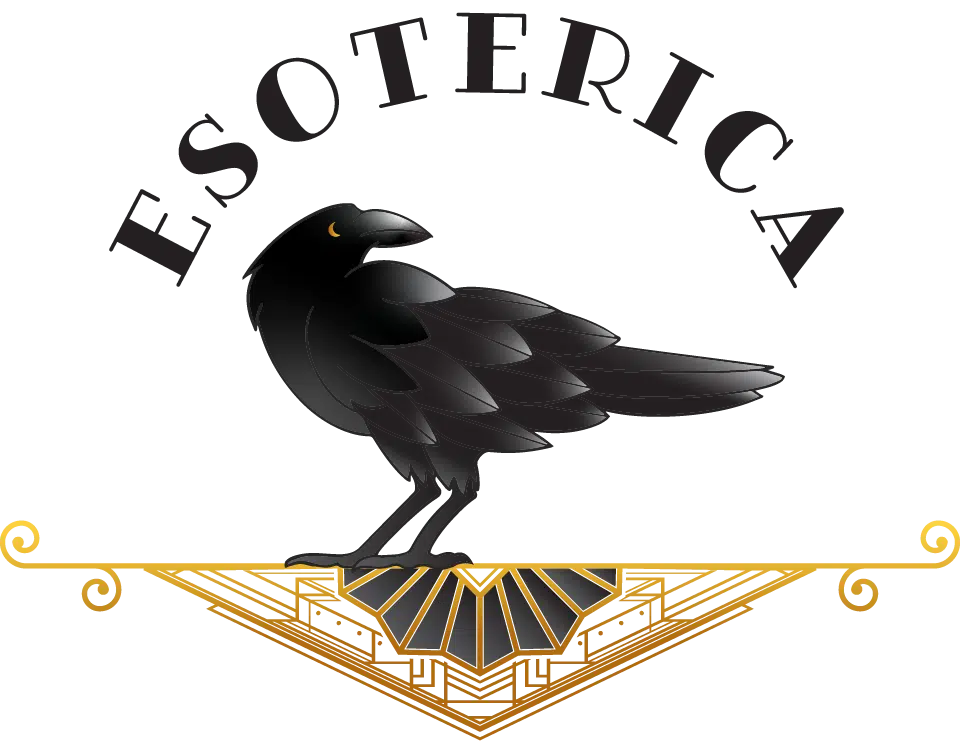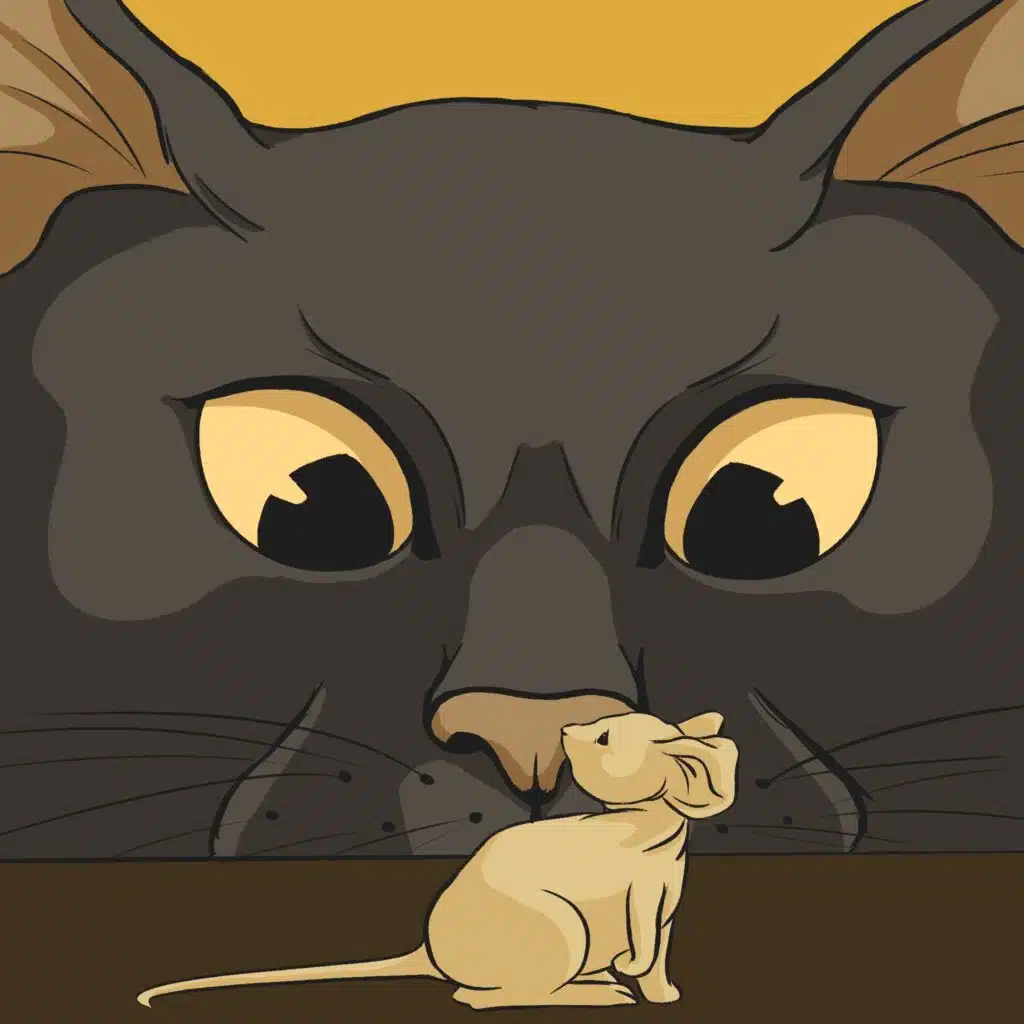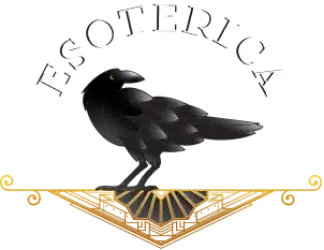By Leah Eichler
I wrote a rather dismissive book review for a The Globe and Mail in Canada in 2002 on a novella called I was Hitler’s Cat by N. J. Dodic. The book appears to be out of print and my own copy disappeared many years ago, but I’ve often thought of that book, and my review over the ensuing 21 years, with the questions “did the book have more merit than I gave it? and “did my personal bias weigh in?”
The book follows Hitler’s fictional cat through the last days of the war, where it witnesses the horrors of the Holocaust presented as a circus side show. While I appreciate black humour, I also grew up in the shadow of the Holocaust, surrounded by survivors for whom the events of World War II were anything but funny.
What perturbed me back then was the proverbial slippery slope. Each year, more survivors die out. The most recent survey from The Conference on Jewish Material Claims Against Germany showed under 100,000 remain worldwide and that was in 2016.
Each year, we get closer to the day when no one will have first person memories of the event. Who tells the story then? I’m not merely referring to historical accounts but the way the Holocaust is presented in literature. Will the post-survivor era of writing open new caverns exposing the depths of human cruelty and survival or will it reduce us to a caricature of suffering holy men meekly accepting our final reckoning with God? Sheep to the slaughter or a meditation on the banality of evil still present today?
That topic came up again when a Facebook friend — I use the term lightly since I have thousands — recently sent me his poem based on what he called “the spirit of the Holocaust.” I’m far from an expert on poetry but I know what I like, and I didn’t like this one. I gingerly asked him what inspired him to write a book of poetry about the Holocaust, and he cited as his inspiration, the artist, Felix Nussbaum and a photo of a woman he called the “unnamed woman of Belzec,” whose presence he felt while writing the poetry. He sent me the book’s cover, with a horrifying picture of a hand hanging outside of a crematorium oven that was so bizarre, I wondered if it was doctored. In big letters was a Hebrew word. When I asked him about it, he explained to me that it’s the Hebrew equivalent for the Holocaust, HaShoah.
Except, it’s not. The two letters, the aleph and shin are swapped, producing a completely different word. In his defence, he corrected it for the reprint.
As the grandchild of survivors, I asked him if he had any personal connection to the Holocaust and did anyone get upset over his book of poetry. He replied, no, he had no personal connection whatsoever and then asked with shock, why did your family get mad?”
I never replied but if anything, it made me remember Hitler’s Cat with much more fondness.
The controversy surrounding the Holocaust in literature comes up frequently. Take for example, the Boy in the Striped Pajamas and its sequel, All the Broken Places. I’ll admit, I never read either book, but I saw the film and mea culpa, I appreciated it, just as I did Life is Beautiful. I didn’t take it for historical accuracy but rather doing what artists do best, positing a what-if scenario and seeing how the characters’ interactions play it out. Perhaps films like these need a disclaimer, for the historically challenged. If children, or adults for that matter, are taking it for historical accuracy, that says more about the reader, or the educational system, then it does about the work of art.
Here’s the thing: I don’t believe you need a family connection to the Holocaust to write about it. The decision as to what will make the list will always be arbitrary and subjective. The problem comes down to simplification. So no, Mr. Poet, my family isn’t mad about your poetry because they have never heard of you. But they would be mad that you didn’t even bother to learn enough about the Holocaust to spell the Hebrew word correctly.
Poorly intentioned artistic inspirations risk turning survivors into the cliched mouse to the cat that’s always out for the kill. I ended my 21-year-old review with the question, “readers must ask themselves how this novel contributes to the dialogue of the Holocaust. And with all these new perspectives, will we lose the actual point?” I believe that question still stands and if artists and writers, either descendants of survivors or not, can keep that in mind going forward, the legacy can be safeguarded along with the literature.


